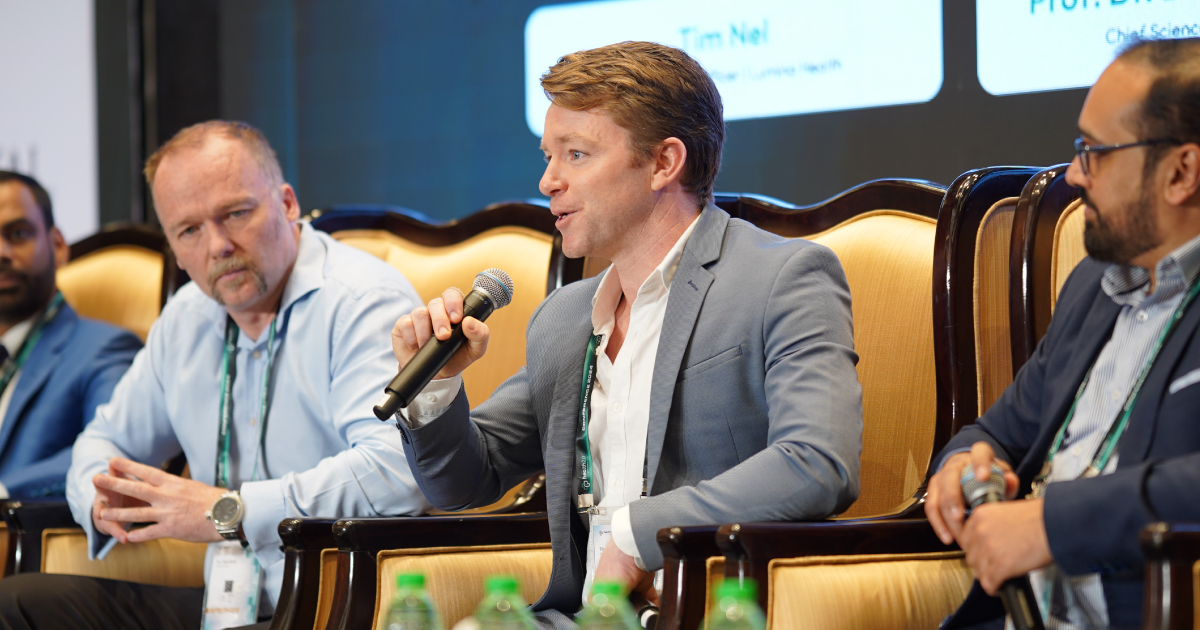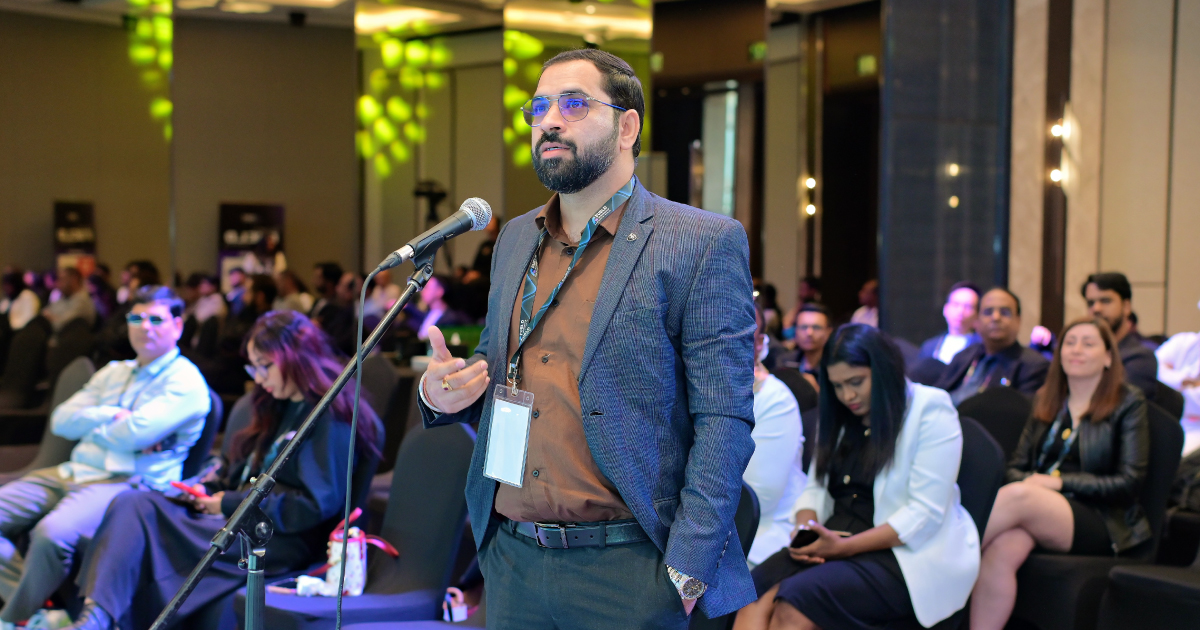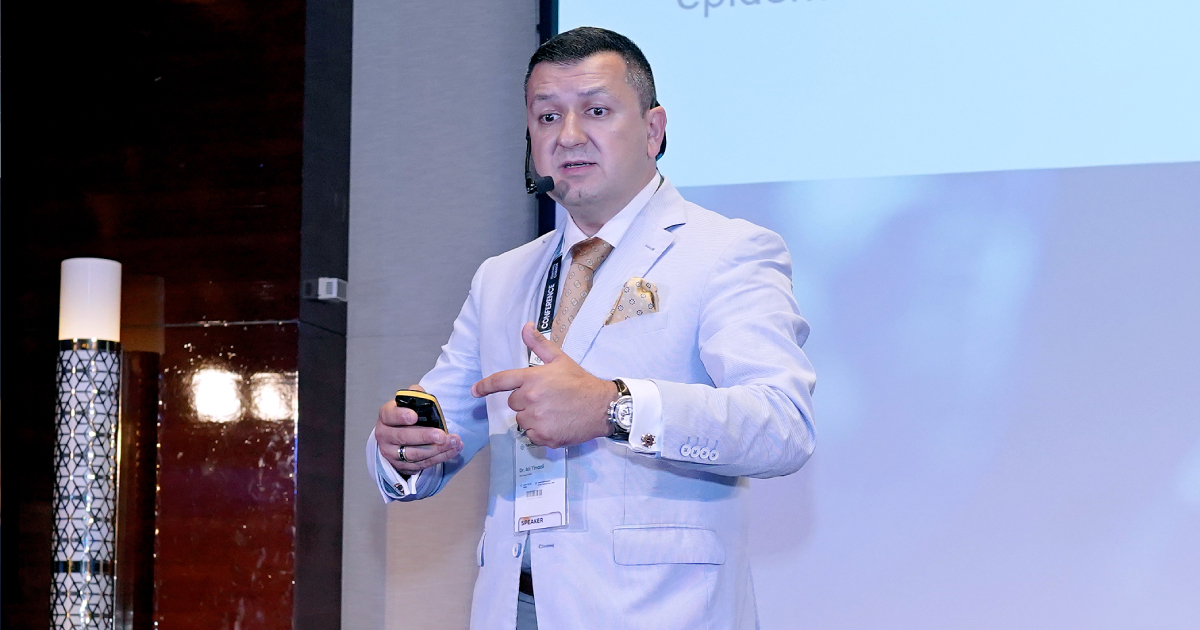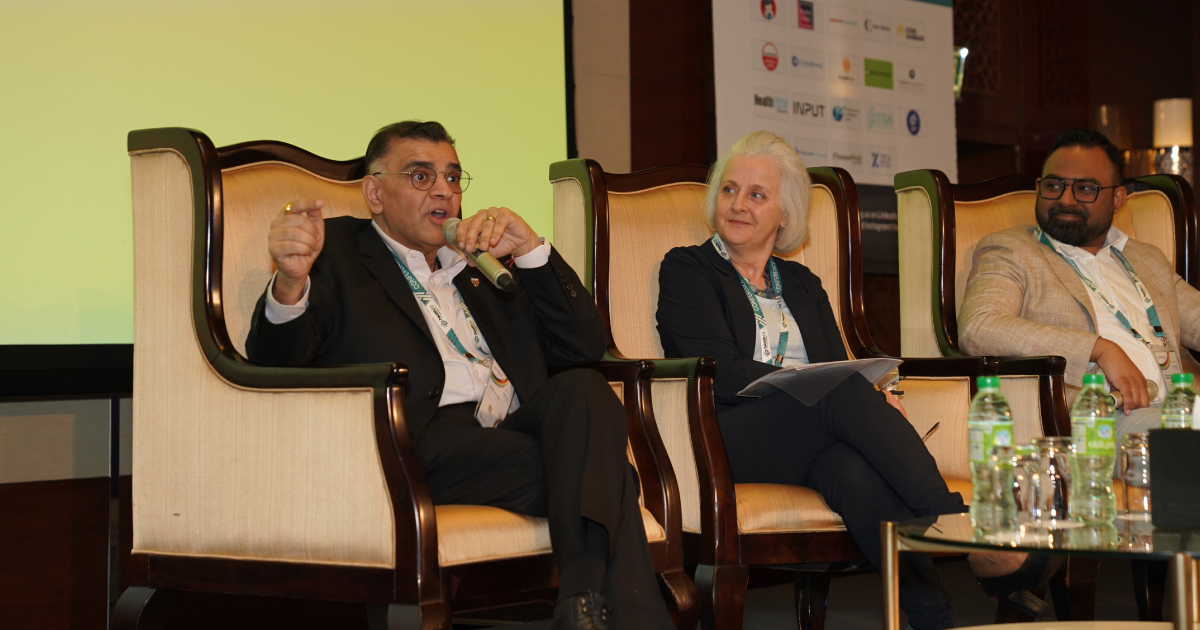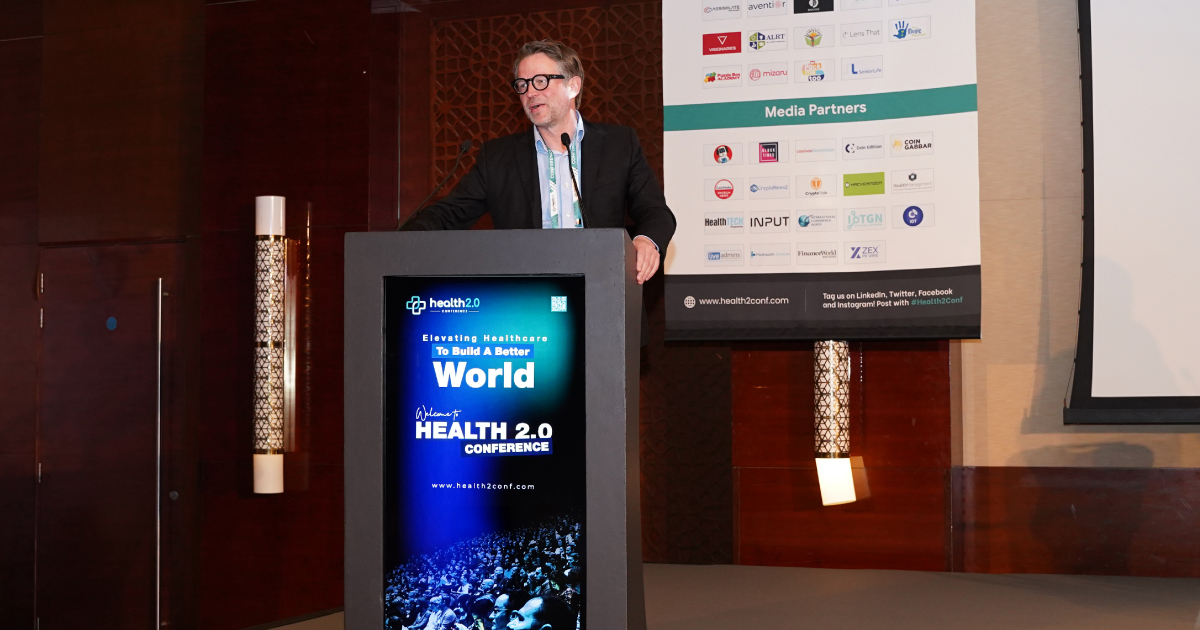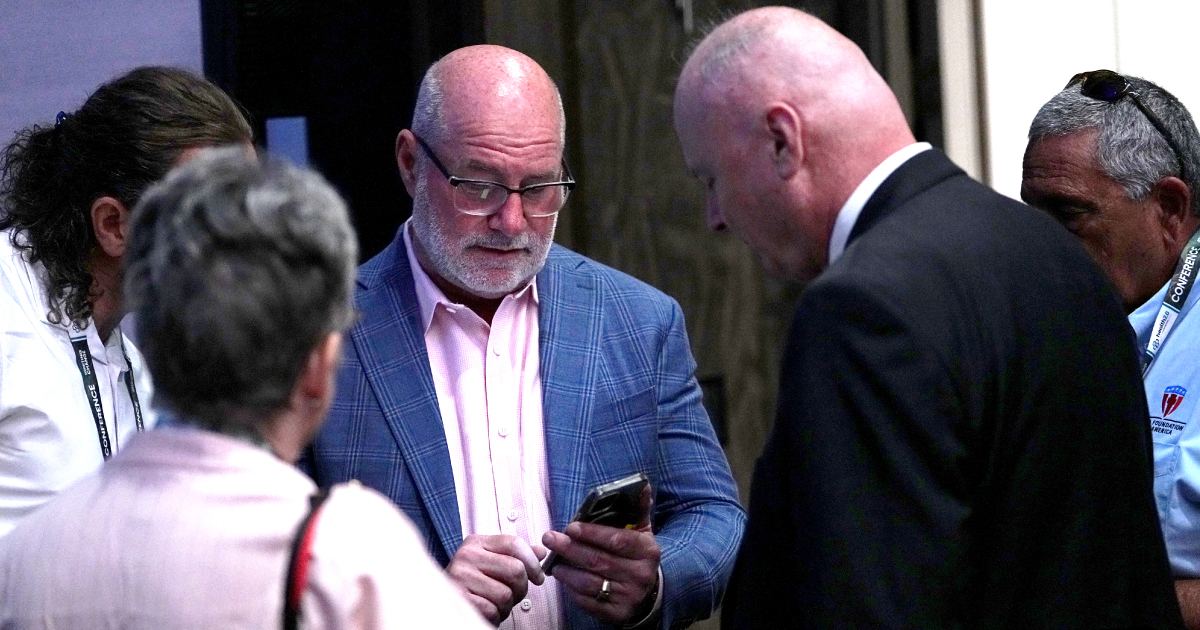Healthcare is entering a new era shaped by artificial intelligence, decentralized care, and sustainable design. What once felt like distant innovation is now reshaping how care is delivered, personalized, and accessed globally.
A shift is underway, from AI-powered diagnostics and hospital-at-home programs to precision medicine and green infrastructure. Global health systems are beginning to prioritize prevention, personalization, and long-term resilience over reactive models of care.
This transformation is expected to be a key focus at the upcoming editions of the Health 2.0 Conference, where leaders across medicine, policy, and technology will gather to explore the future of care. Our upcoming health summit aims to spotlight how these advancements are moving from concept to real-world use.
Let’s dive into how some of the most critical shifts in healthcare are unfolding today—and what they mean for the future of care delivery, access, and innovation.
Predictive AI: Taking The Guesswork Out Of Medicine
Artificial intelligence is moving from concept to clinical necessity. No longer confined to research labs, AI is now supporting real-time decision-making in hospitals and health systems worldwide. From faster diagnostics to early risk detection, intelligent tools are becoming vital in addressing the growing complexity of care delivery.
Hospitals are adopting natural language processing to analyze patient records, helping clinicians spot issues before they escalate. Predictive models are identifying high-risk patients, enabling timely interventions that reduce complications and readmissions. These technologies are not replacing medical professionals but amplifying their capabilities and improving consistency across care settings.
The growing role of AI in shaping smarter, more responsive health systems will be explored at our global health and medical conference. Industry leaders and healthcare experts will discuss how intelligent systems can improve clinical outcomes, increase access to care, and drive a more equitable and efficient global health ecosystem.
Value-Based Care: The Shift That’s Redefining Incentives
Value-based care is gaining ground as a smarter, more sustainable alternative to fee-for-service models. Rather than focusing on the volume of procedures, this approach rewards better health outcomes, preventive care, and patient satisfaction. It promotes coordinated care, reduces unnecessary spending, and helps healthcare systems deliver long-term value to both patients and providers.
Here’s how this transition is reshaping healthcare strategy:
- Bundled payment systems reward providers for managing an episode of care holistically, encouraging cost control without compromising quality.
- Accountable Care Organizations (ACOs) have reduced hospitalization rates by 10%, according to recent CMS data.
- Preventive care incentives are driving long-term savings and better experiences, especially for chronic conditions like diabetes and hypertension.
Decentralized & Virtual Care Will Be The New Bedrock
Telemedicine opened the door, but the future of healthcare is moving far beyond virtual consultations. Models like hospital-at-home programs and mobile diagnostic units transform how and where care is delivered. This shift is not about convenience alone—it’s about extending high-quality care to more people, regardless of location.
Patients are now receiving acute care in the comfort of their homes, monitored through wearable sensors and supported by remote clinical teams. In rural and underserved areas, tech-enabled kiosks and mobile clinics offer access to essential diagnostics and treatments that were once out of reach. These solutions are improving outcomes while reducing the burden on traditional hospital infrastructure.
This decentralized approach to care is expected to become a key topic at the upcoming editions of our global health and medical conference.

Source: TatvaSoft
Precision Medicine & Genomics Are Getting Personal
Personalized healthcare isn’t futuristic anymore—it’s becoming a practical, everyday tool. The declining cost of genome sequencing and the rise of AI-driven drug discovery are enabling hyper-targeted therapies that are more effective and efficient.
However, this progress brings a wave of ethical questions:
- How do we ensure data privacy and informed consent in an era of genetic transparency?
- Who owns a person’s genetic information, and how can misuse be prevented?
- What protections exist to guard against genetic discrimination in employment or insurance?
Experts at our global health and medical conference will lead discussions on the future of precision medicine. They will examine the ethical, legal, and social challenges ahead, including data ownership, patient consent, and privacy concerns.
The Future Of The Healthcare Workforce
The healthcare professionals of tomorrow won’t just treat patients. They will use technology, think across systems, and advocate for better care. As AI takes over admin work and telemedicine becomes part of daily routines, care delivery will evolve quickly. Data skills will become just as important as bedside manner, enabling smarter and faster clinical decisions.
Learning digital tools, collaborating across teams, and using remote care protocols will become essential for future-ready healthcare workers. These skills will define high-quality care in the years to come. To know more, attend our upcoming global health and medical conference.
Designing Future-Ready Systems With Sustainability In Mind
As we reimagine healthcare, sustainability must be part of the blueprint—not just for environmental reasons, but for operational resilience. Climate events are increasingly affecting public health outcomes, supply chains, and infrastructure stability. Healthcare systems that plan for the future are built with both people and the planet in mind.
This means rethinking how hospitals are powered, how resources are used, and how waste is minimized. From energy-efficient facilities to sustainable procurement strategies, greener choices are proving both cost-effective and care-enhancing.
Experts at our upcoming health summit will share frameworks for building smart, scalable, and durable care systems.
Transforming Healthcare Together At Health 2.0 Conference

The healthcare transformation is no longer a distant idea. It is unfolding right now through AI-powered diagnostics, decentralized care models, precision medicine, and a growing commitment to sustainability. The Health 2.0 Conference will continue spotlighting these advancements, bringing attention to the innovations redefining global health.
This vision will be at the heart of conversations during our upcoming health summit. Whether you are a provider, policymaker, or health tech innovator, your role in this journey matters more than ever.
FAQs
Q. Will traditional hospitals become obsolete in the future?
A. Traditional hospitals will not disappear but will focus more on specialized and emergency care. Routine and chronic services will shift to homes and community centers. This evolution will relieve pressure on hospital systems and improve access.
Q. What is the core theme of the upcoming Health 2.0 Conference?
A. The Health 2.0 Conference will spotlight innovation in healthcare, workforce transformation, and global health resilience. Sessions will explore how technology can improve access, equity, and patient outcomes.
Q. Will patients have more control over their health data in the future?
A. Yes, patient-owned health records will become more common, giving individuals the power to grant or revoke access. Tools like personal health wallets and consent dashboards will simplify control.
Q. Who attends the Health 2.0 Conference?
A. Healthcare providers, policymakers, MedTech leaders, public health officials, and researchers from around the world participate.
Q. How will future-ready healthcare systems address mental health more effectively?
A. AI tools and digital platforms will enable early detection of mental health issues through behavioral data. Personalized therapy apps and remote counseling will make support more accessible.



